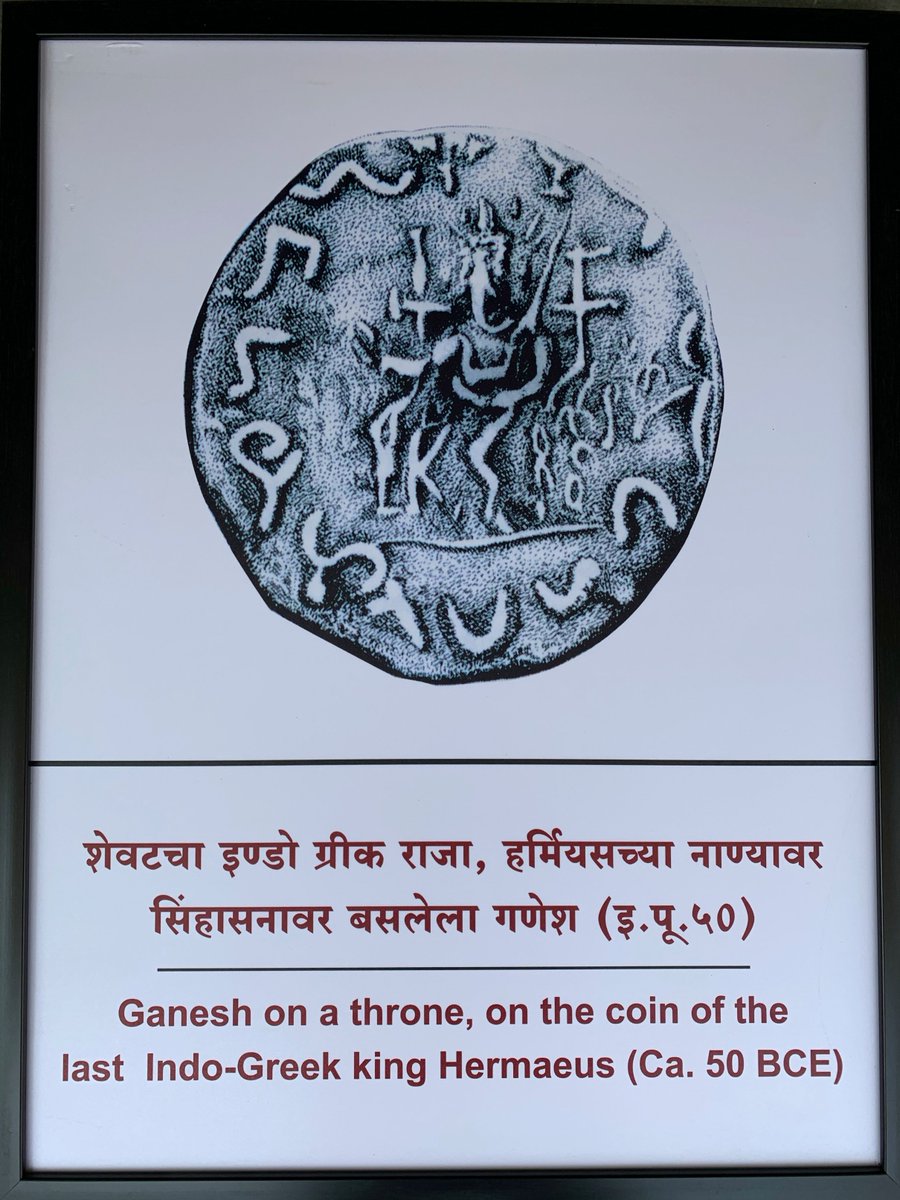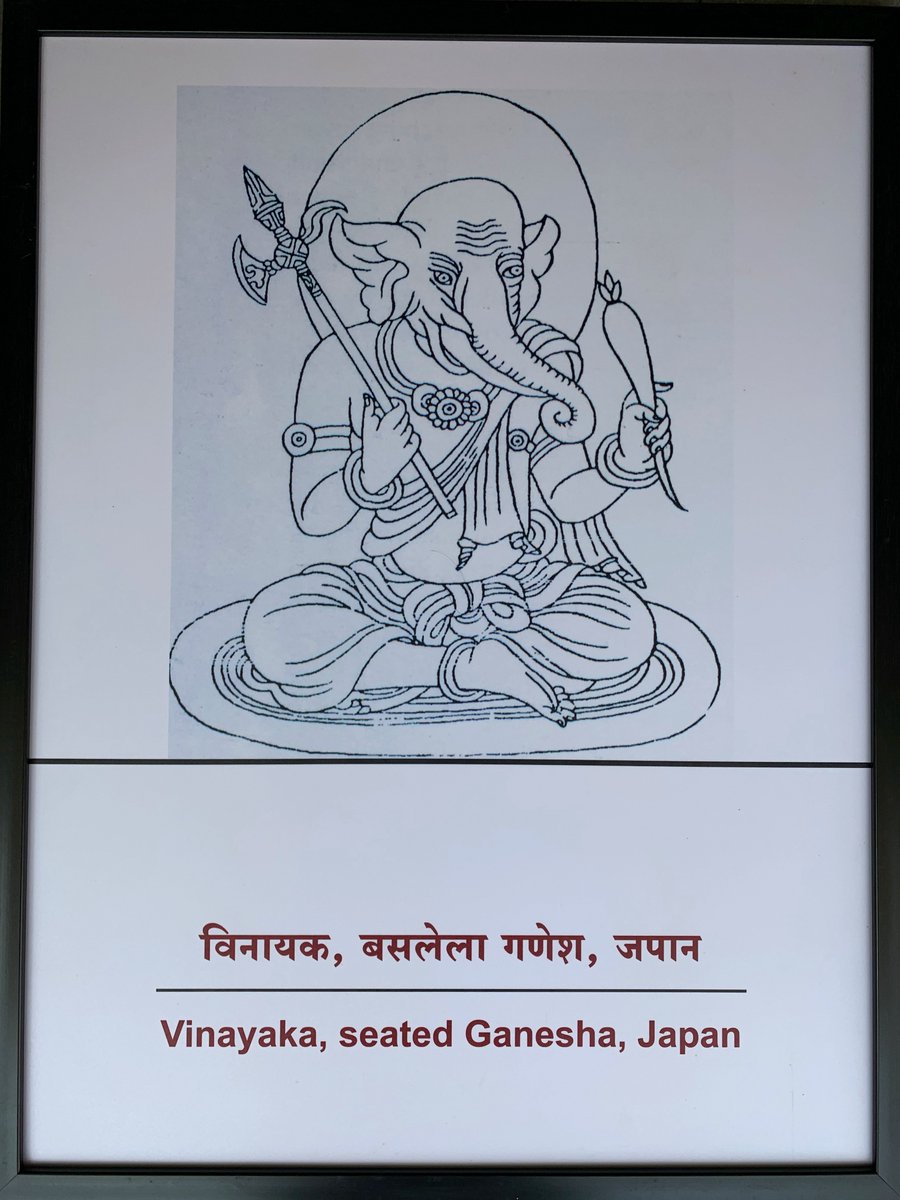
(Thread) Announcement of the new online course on the Mahabharata -
*18 Parvans of Mahabharata: Introduction to the Incredible Epic*
*18 Parvans of Mahabharata: Introduction to the Incredible Epic*
The grand epic of Mahabharata is one of the foundational heritages of India.
Mahabharata through Its core of Dharmashastra, Its insights into the intricacy of the human nature and stories of complex relationships has left an indelible mark on India's evolution.
Mahabharata through Its core of Dharmashastra, Its insights into the intricacy of the human nature and stories of complex relationships has left an indelible mark on India's evolution.
For BORI, Mahabharata is a soul of our legacy.
Our "Critical Edition of Mahabharata" takes into account various versions of the epic compiled over centuries, and it runs into 15,000 pages of total 19 volumes.
The generational project lasted for 48 years - from 1919 to 1966.
Our "Critical Edition of Mahabharata" takes into account various versions of the epic compiled over centuries, and it runs into 15,000 pages of total 19 volumes.
The generational project lasted for 48 years - from 1919 to 1966.
On this background, we are delighted to announce the first ever online course on Mahabharata that introduces the epic through the exposition of the 18 Parvans (Chapters) of the Mahabharata.
The course will provide insights into contents of the epic.
It will be based on the "Critical Edition", which is globally renowned when it comes to the textual study of Mahabharata.
The speakers in the course will features some of the titans of the field, & some emerging faces
It will be based on the "Critical Edition", which is globally renowned when it comes to the textual study of Mahabharata.
The speakers in the course will features some of the titans of the field, & some emerging faces
The course will commence on July 01, 2021 and will be completed on July 23, 2021. The timings will be 7 PM to 8.30 PM
Remaining details such as the course fee and its platform will be announced on June 10, 2021. The same admissions will be opened.
Remaining details such as the course fee and its platform will be announced on June 10, 2021. The same admissions will be opened.
Those who are interested in the course can register their inquiry on the following form
forms.gle/2oai6zqAcP4VFt…
forms.gle/2oai6zqAcP4VFt…
We will get back to all the registered participants with relevant details on June 10.
We look forward to your positive response. Also, do spread the word. Thank you 🙏
We look forward to your positive response. Also, do spread the word. Thank you 🙏
• • •
Missing some Tweet in this thread? You can try to
force a refresh







